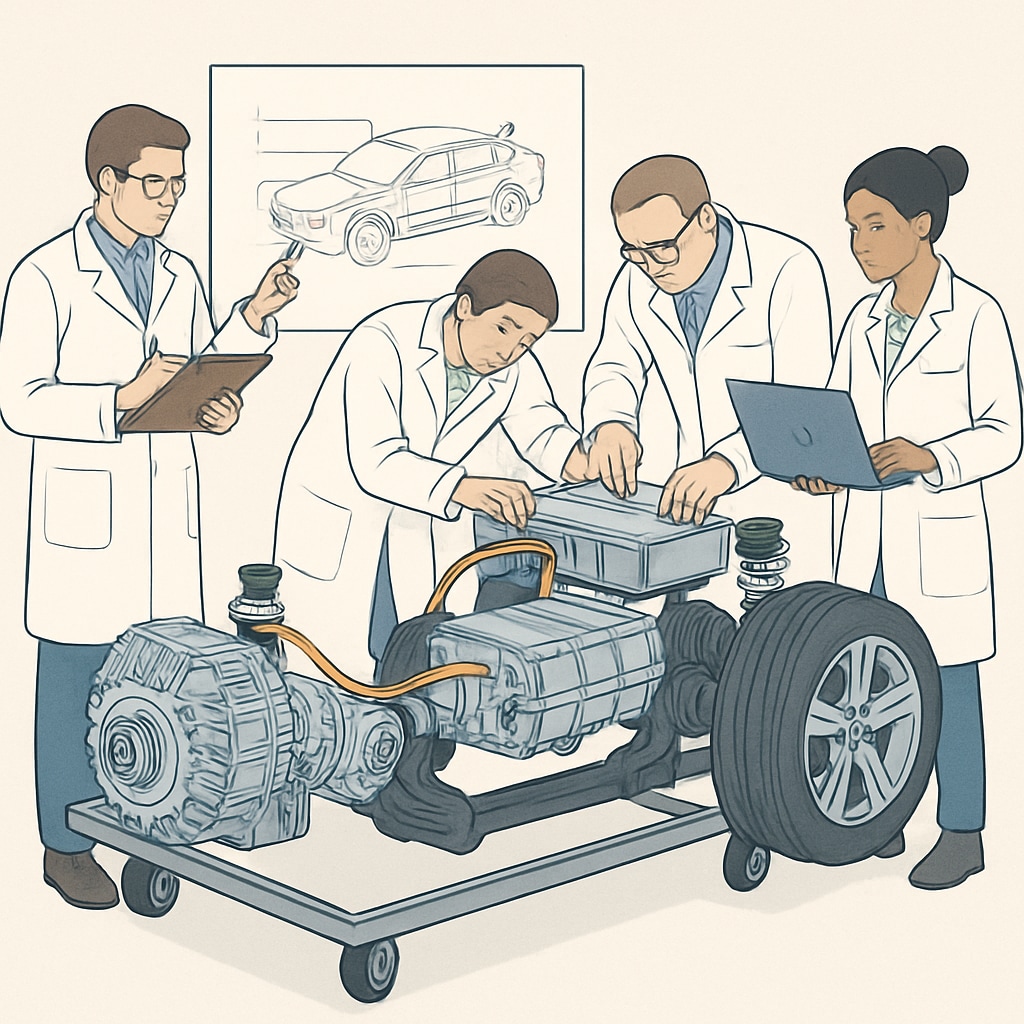The integration of electrical learning, automotive industry, and career development has become increasingly significant as the automotive sector transitions towards electrification. Professionals with expertise in electrical systems hold a competitive edge, as the demand for electric vehicles (EVs) and advanced electrical systems surges globally. In this article, we will evaluate the strategic importance of electrical knowledge in the automotive field, explore emerging trends, and provide actionable tips for leveraging electrical skills to accelerate career advancement.
The Growing Relevance of Electrical Learning in the Automotive Sector
The automotive industry is undergoing a paradigm shift driven by the rise of electric vehicles, autonomous technologies, and renewable energy solutions. This transformation has made electrical systems a cornerstone of modern automotive design and production. Engineers and technicians equipped with electrical expertise are now indispensable for roles in EV battery design, powertrain development, and vehicle electronics integration.

For example, the global EV market is projected to grow at a compound annual growth rate (CAGR) of 23.4% from 2023 to 2030 (Electric vehicle on Britannica). This growth directly correlates with the need for professionals who can troubleshoot, innovate, and optimize electrical systems. As a result, electrical learning has become a gateway for career growth in the automotive industry.
How Electrical Knowledge Enhances Career Development
Professionals who invest in electrical training gain a versatile skill set that translates into multiple career advantages. Key benefits include:
- Broader Skill Set: Electrical knowledge complements mechanical expertise, making professionals adaptable to hybrid and EV-specific roles.
- Increased Job Opportunities: Given the electrification trend, companies actively seek candidates proficient in electrical systems.
- Higher Earning Potential: Specialized knowledge often commands higher salaries, especially in high-demand areas like EV development.
For those starting their careers, apprenticeships in electrical systems offer hands-on experience. These programs not only build technical expertise but also foster problem-solving and critical-thinking skills applicable to complex automotive challenges.
Practical Steps to Turn Electrical Learning into Career Success
To maximize the benefits of electrical knowledge, professionals can follow these practical steps:
- Pursue Certifications: Enroll in certified courses on automotive electrical systems, EV technology, or renewable energy integration.
- Stay Updated: Follow industry trends and advancements in EV and hybrid vehicle technology through resources like Wikipedia’s electric car page.
- Network in the Industry: Attend automotive expos, webinars, and industry events to connect with experts and employers.
- Apply Skills Practically: Work on real-world projects, such as retrofitting internal combustion cars with electric drivetrains.

By combining these strategies with a commitment to lifelong learning, professionals can remain competitive in an industry that is rapidly evolving.
The Future of Automotive Careers in an Electrified World
As the automotive sector embraces sustainability and innovation, the role of electrical knowledge will only grow. Whether it’s designing next-generation EVs or developing intelligent charging systems, the intersection of electrical engineering and automotive expertise offers unparalleled career potential. Moreover, governments worldwide are pushing for greener transportation policies, further amplifying the demand for skilled professionals.
In conclusion, the integration of electrical learning, automotive industry, and career development is not just a trend but a strategic necessity. By acquiring and applying electrical skills, professionals can future-proof their careers and contribute meaningfully to the electrification revolution.
Readability guidance: This article maintains clear structure, concise language, and actionable insights. By using short paragraphs, lists, and examples, it ensures accessibility for professionals at all levels.


